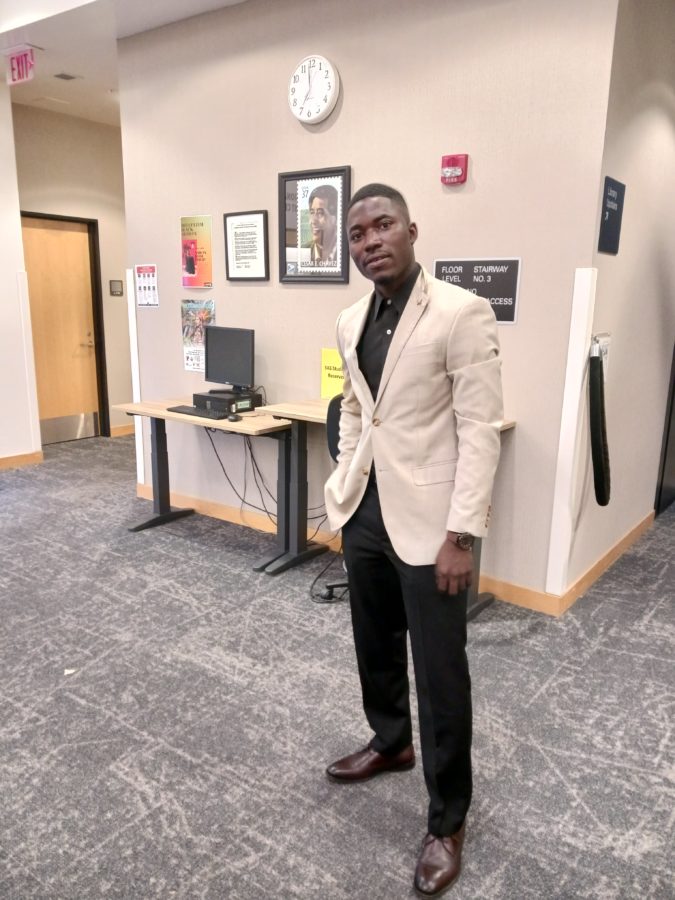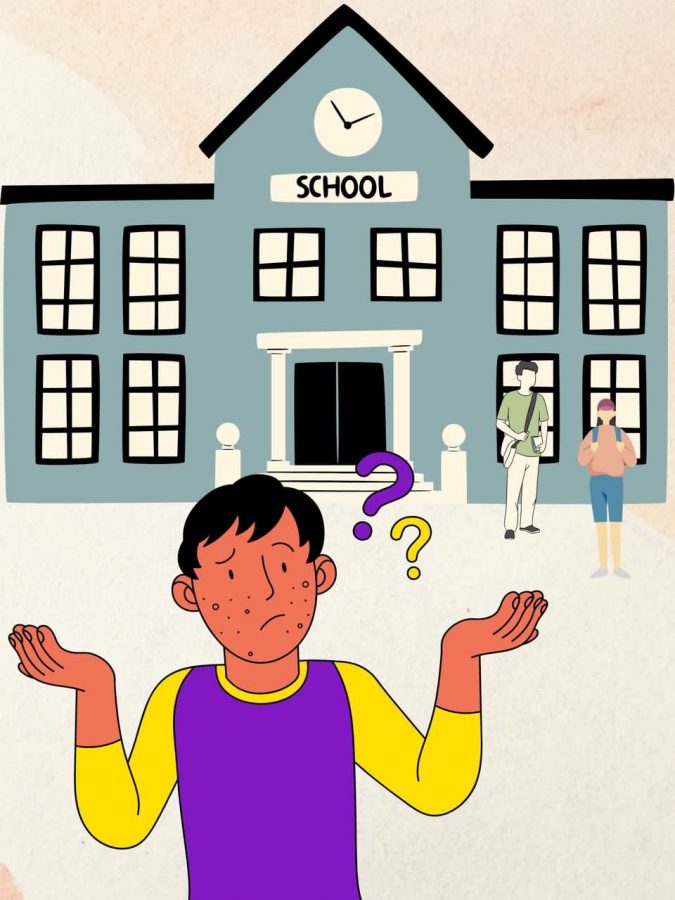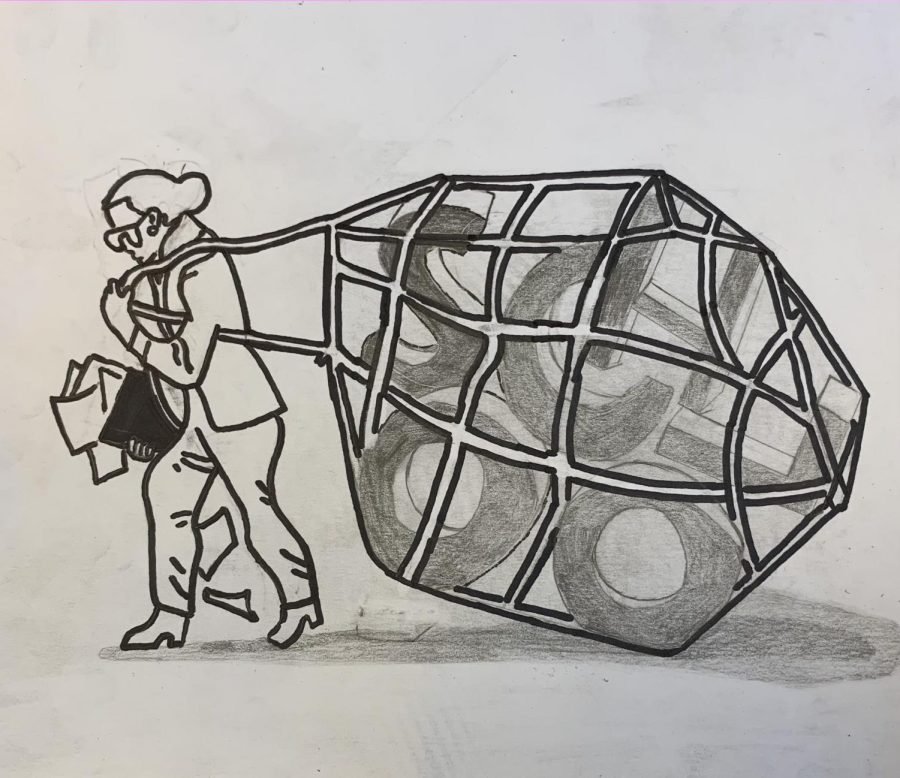No, it is not science fiction any more. It has become a reality.
Science advancement has enabled us to do impossible things. We have arrived at a point where it is possible to choose the characteristics of an offspring.
As an every controversial topic, there are those that oppose the practice of genetically modifying a baby to enhance its characteristics, and there are people who believe it is okay to use technology to modify genes to improve the baby.
The people who are in favor of modifying the genes typically reason that it is in the best interest of the baby. They argue that the practice helps ensure the birth of a healthy baby by erasing or modifying genes that are known to carry a disease.
There are three problems with this reasoning.
The first one is that in order to have the knowledge of how this practice affects a human being, scientists must conduct experiments on human beings, not animals, to have a conclusive result of the method. And in order to be a real result, they must conduct the practice on multiple embryos, not just a few. Sheldon Krimsky, Professor of humanities and social sciences at Tufts University, said during an Intelligence Squared U.S. debate that the only way to truly know if it works is to conduct a clinical trial in which scientist genetically modify embryos and have the same amount of un-modified embryos and follow them throughout life to know if the intervention was beneficial to the offspring and at what cost.
The second problem is that scientists don’t know for a fact what they can, unknowingly, trigger outside or inside of the DNA. There is a possibility that they eliminate a disease but “turn on” another that can be more harmful than the original. Krimsky argued that all parts of DNA interrelate so a change in it can start a domino effect that can result in incalculable damage to the embryo that can show up years after birth.
The final problem is that they are assuming that by changing a bad gene the baby will grow healthy and stay healthy throughout its life. That is erroneous. It is true that genes can influence ones health but that does not determine it. Robert Winston, professor of science and society and fertility studies at Imperial College London, said that the environment we grow up in also has a tremendous influence in our health. The environment includes our diet, the activities we partake in and emotional stress we grow up with. Genes define our appearance and can contribute to our health but it does not determine for a fact that we are going to develop a specific disease.
There exist safer methods to know whether an embryo carries known genes that cause diseases as pointed out by Krimsky and Winston in the debate. We have the technology to scan an embryo before fertilization to know the dangerous genes it contains. Then it becomes the parents’ decision if they would like to use that embryo or use another.
We do not possess the capability, yet, to understand the social and environmental factors involved in manipulating DNA to enhance wanted characteristics or delete unwanted ones. The implications are much deeper than just “curing” an embryo. When is it acceptable to change a baby? When is it not? Who has the power to decide? Is it part of our rights as parents to decide the genetic make-up of our offspring? What if the parents are in disagreement?
Winston describes genetic engineering as unpredictable. If it is unpredictable, it means we do not understand it. If we do not understand it, it means we are not ready to shift the experimentation from animals to humans. Regardless how hopeful we are that it will cure diseases.






